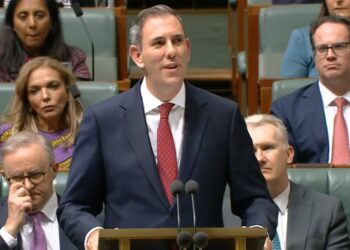According to a report conducted by IOOF, titled The true value of advice, people who received financial advice were 21 per cent more likely to have greater peace of mind and 19 per cent less likely to argue with their partner.
This peace of mind, however intangible, is what many people are willing to pay for. For other people, the value lies in the tangible financial benefits as they are easier to identify and measure, IOOF said.
Group general manager for wealth management at IOOF Renato Mota said often when it comes to the discussion of fees, it’s not up to the adviser to dictate what value they are going to provide the client.
“Importantly, when the time comes for a fee discussion, clients should be left to make their own judgement on what ‘value’ is,” Mr Mota said.
“Rather than leading with the vague and intangible term ‘value’ when discussing fees, it will be more useful to provide the full list of services you offer and clearly show why your fees are a fair reflection for those services.
“If you include intangible benefits of advice, such as counselling against destructive client behaviour, as a part of your conversation with clients, it’s important to be specific on how this is a service which adds value to their portfolio.”
Mr Mota said that finding ways to reduce fees is also a critical move for opening up consumer access to the financial advice sector.
“As investors become more cautious about their spending, having a clear link between fees charged and the services which provide value will become more important,” he said.
“For some clients finding a way to offer lower fees will be crucial, but it should be remembered – cheaper financial advice doesn’t make it better, it’s just cheaper, and without value it’s still expensive.”




Again the word Adviser is used in this article to refer to inventment and wealth…not Risk. When is the industry going to release that wealth accumulation is logical and tangible and Risk is emotional and intangible. You can’t have the same rules for both yet we do. Whether we or the regulators like it or not Risk has always and will always be SOLD not bought.
I can understand that IOOF has done this survey and made intellectual commentary report with best intentions but is our industry still that backward that it continues to need surveys and “insights” of the obvious? this message has been out there for years. The same comments applies to the Australian Unity survey and commentary earlier this week.
The smarter advisers must be wondering what sort pf pool they are swimming in. We need new more “interrupters” and “though leaders” e.g. along the lines of the stuff we get from people like Sante Burridge ( sorry if I spelt it wrong ) and less of the recirculators of old news.